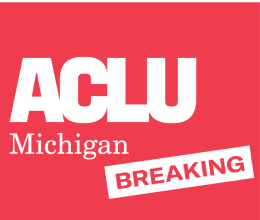
PubPeer.com is an online forum for scientific discussion and critique of published research. Many of its participants comment anonymously so that they need not fear professional retribution if they criticize the scholarship of their peers, colleagues and future potential employers. Based on that anonymity, PubPeer’s users have highlighted problems with important research papers, often leading to corrections or retractions to the benefit of the scientific community.
In 2014 a prominent scientist at Wayne State University filed a defamation lawsuit against anonymous commenters who had criticized his research on PubPeer’s website. Using the court’s subpoena power, he demanded that PubPeer disclose any information it had that could help identify the commenters. Since the days of the Federalist Papers and Common Sense, anonymous speech has been recognized as central to the free-speech tradition.
Although truly defamatory speech is not protected by the First Amendment, negative opinions and rhetorical commentary are not defamatory and are entitled to First Amendment protection. The ACLU represented PubPeer in arguing that the website had a First Amendment right not to disclose the identity of its anonymous users because their speech was constitutionally protected. We filed a motion to quash the subpoena in December 2014.
In March 2015, the Wayne County Circuit Court granted our motion in part, but ordered PubPeer to disclose identifying information about one of the online comments. Both sides appealed. In December 2016, the Michigan Court of Appeals ruled in PubPeer’s favor, holding that the First Amendment protects the identity of the anonymous commenters from disclosure. In January 2017, Dr. Sarkar decided to drop his lawsuit.
(Sarkar v. Doe; National ACLU Attorney Alex Abdo and Brennan Fellows Samia Hossain and Benjamin Good; ACLU of Michigan Attorney Dan Korobkin; co-Counsel Nicholas Jollymore.)
Follow this case here.
Read our Fall 2018 Legal Docket.
